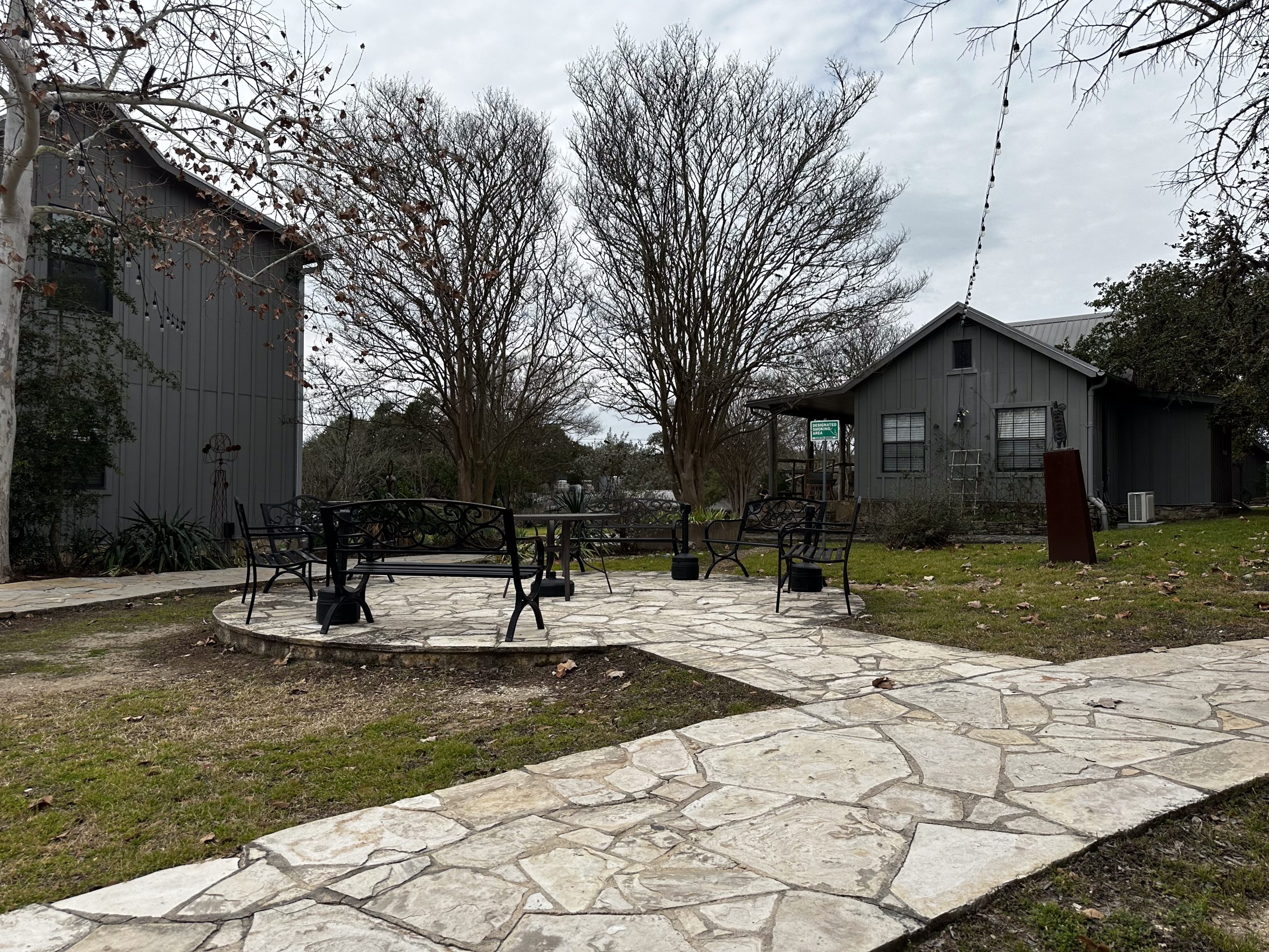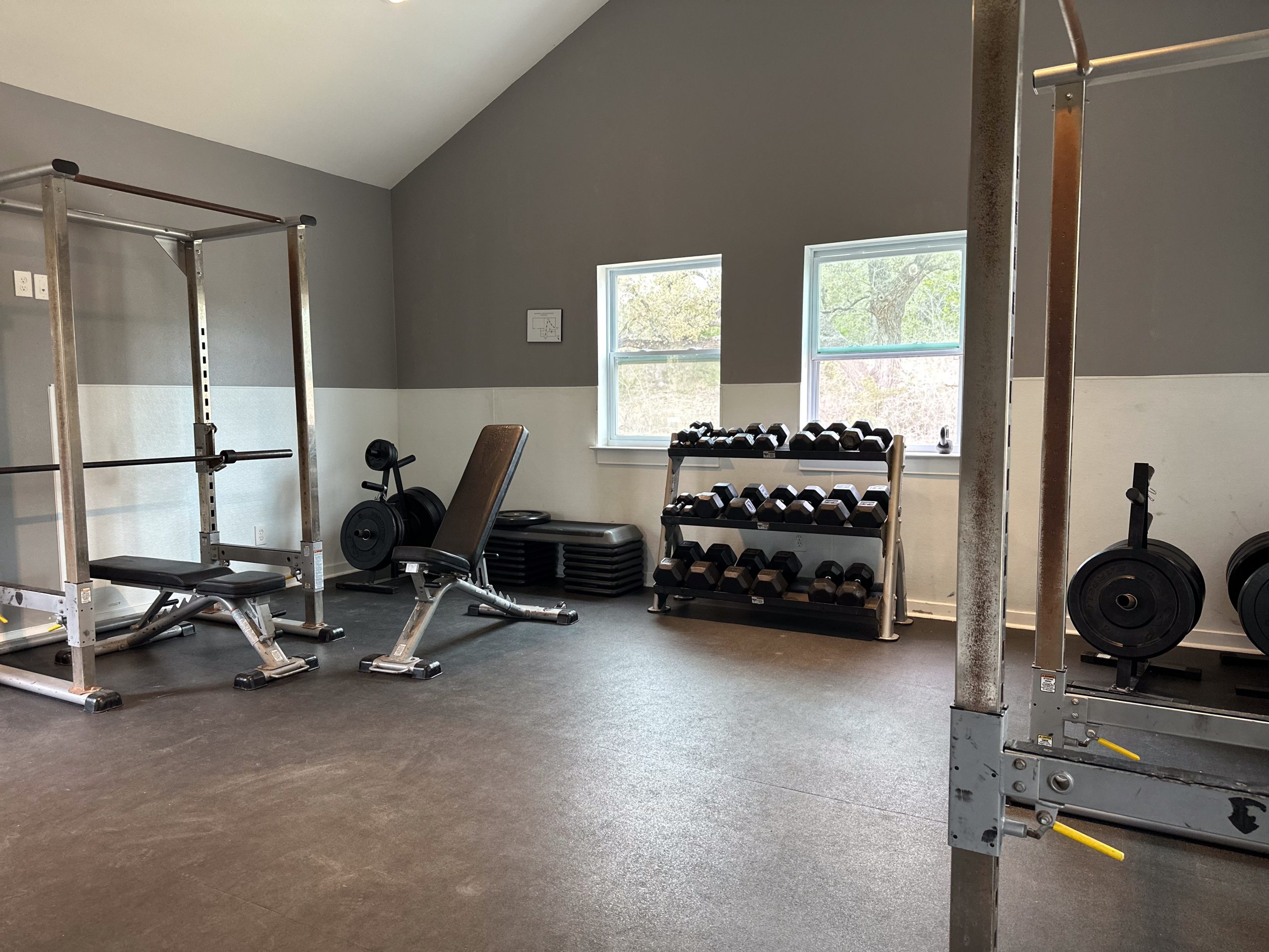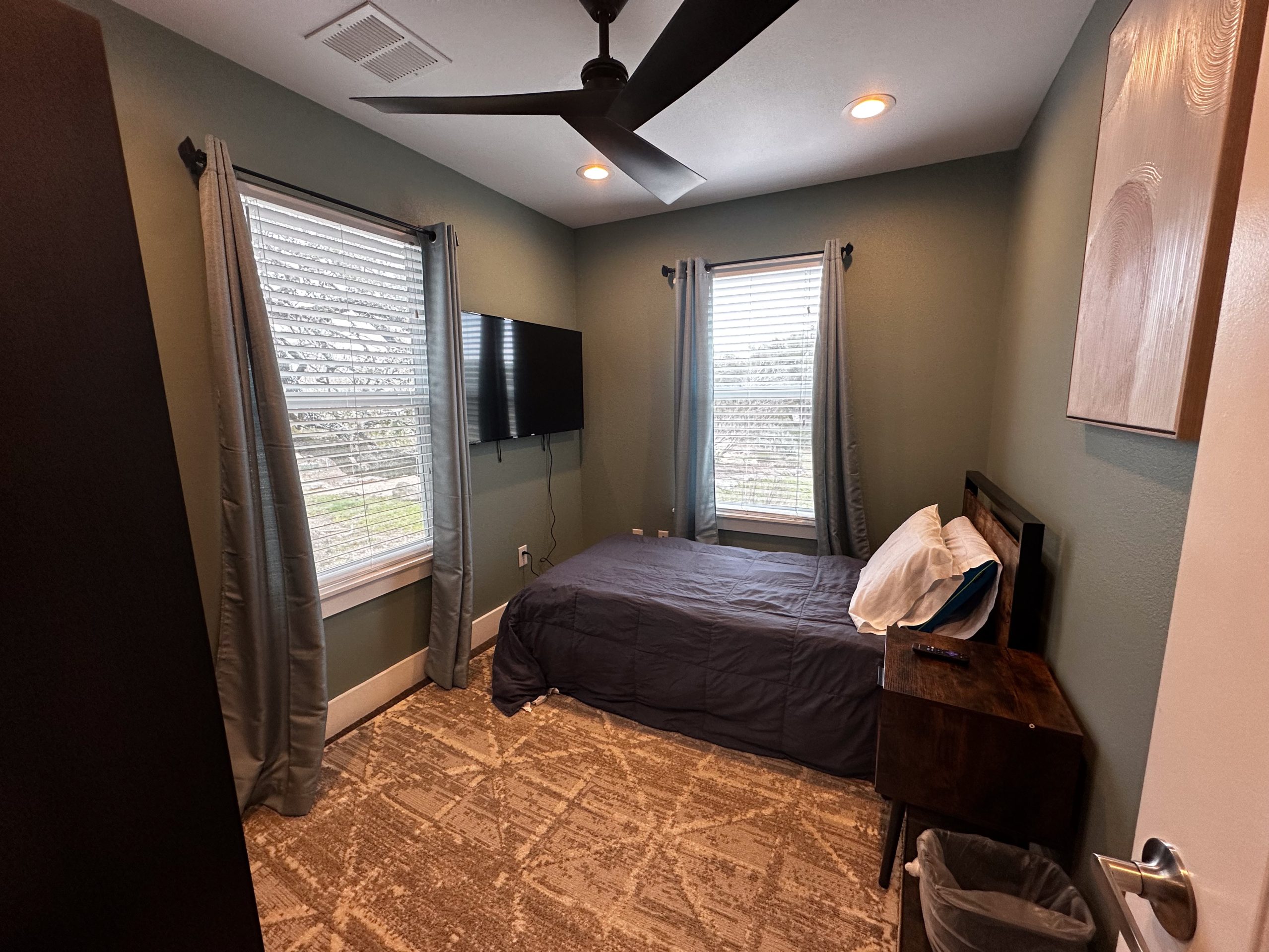Alcohol Assessment Results – Disorder
Your Alcohol Assessment Results
You seem to have an alcohol use disorder and could greatly benefit from professional addiction treatment.

No one wants to hear that their alcohol use is out of control and it is a difficult reality to accept. While it may be tempting to succumb to feelings of hopelessness and despair, you don’t have to give up and hand your life over to addiction. You can get sober with the right support and you have a new life waiting for you in recovery.
Alcohol addiction is very common in the U.S. but an estimated 22 million Americans are in recovery and have claimed victory over alcohol and drugs. You may feel like you’ll never be able to give up alcohol, but you have every ability to get sober and live a happy, fulfilling life in recovery.
Like most other chronic diseases, the first step to getting treatment for alcohol addiction is admitting you have a problem and seeking professional help. The following treatment options listed below provide comprehensive care to help you overcome your alcohol addiction and maintain genuine, lasting sobriety long after rehab is over.










Freedom Starts Here. Take Back Your Life Today.
Same-Day Admissions in Austin Available.
Treatment Options for Alcohol Addiction
- Medical detox: Medical detox can help you adjust to a sober lifestyle as your body rids itself of the harmful toxins left behind by alcohol use. Detox also provides medical and clinical management of alcohol withdrawal symptoms to enhance your comfort and reduce your risk of relapse.
- Residential rehab: Residential rehab is an inpatient rehab program that offers structured addiction treatment programming with behavioral therapy, life skills development, and relapse prevention strategies. Gender-specific treatment also allows for more effective and individualized care.
- Intensive Outpatient Program (IOP): IOP is an intensive outpatient program that provides group therapy, peer accountability, and individualized support in recovery to help you overcome your alcohol addiction. Since it is an outpatient program, IOP gives you the flexibility to attend work, school, or tend to other personal responsibilities while you’re in rehab.
- Sober living: Sober living homes are furnished, gender-specific recovery-focused living environments for people in all stages of recovery. Each home offers safe, sober housing and recovery support services like employment assistance, drug testing, peer monitoring, and sober social activities for residents.
Overcome Alcohol Addiction and Start Healing Today
Alcohol addiction is a disease that cannot be overcome with mere willpower, no matter how determined you are. Beating your addiction will require professional treatment and long-term support that is tailored to your individual needs. If you’re ready to take the first step, call (512) 543-4173 to speak with a Nova representative today. We accept most insurance and can also provide additional information about alternative payment options.
More Time. More Joy. More You. Start Now.
WE ACCEPT MOST INSURANCES







Frequently Asked Questions About Alcohol Assessment Results and Recovery
What is Alcohol Use Disorder (AUD)
Alcohol Use Disorder is a medical condition where someone struggles to control drinking—even when it starts to affect their health, work, or relationships. It’s more than just “drinking too much”; it’s about how alcohol begins to control you
What are the signs of alcohol addiction?
You might notice:
-
Cravings you can’t resist
-
Needing more alcohol to feel the same effects
-
Trying (and failing) to cut down
-
Drinking despite problems at home, work, or in your health
How do alcohol assessment results determine if someone has an AUD?
Alcohol assessments are usually short questionnaires that identify whether your drinking might point to AUD—and how severe it could be. These tools are a great first step, but they don’t replace a professional diagnosis.
What is an alcohol screening test?
These are quick tools—often only a few questions—to see if someone’s drinking habits may be hazardous or point toward AUD. One common example is the AUDIT‑C test, widely used in healthcare settings.
How is substance use disorder defined?
Substance Use Disorder, or SUD, covers a wide range of substance issues—including alcohol—that interfere with a person’s life. It’s often treated with therapy, motivation-based techniques, and support systems.
What support is available for alcohol recovery?
You’re not alone. Support can include counseling, peer groups, medication, and community programs. These resources help build momentum, accountability, and a healthier daily routine.
What treatment options exist for alcohol addiction?
Treatment varies by need and can include therapy (like CBT), medications to reduce cravings, rehab programs, or a mix. A tailored approach works best because everyone’s journey is unique.
What is inpatient alcohol rehab?
Inpatient rehab (also called residential treatment) offers a structured safe environment where you stay at a facility full-time for focused therapy, detox, and support. It’s ideal when stepping away from daily triggers is crucial.
How does outpatient alcohol rehab work?
Outpatient programs let you get treatment while living at home. You might attend group sessions or therapy a few times a week while managing life responsibilities like work or school.
What does long-term recovery involve?
Long-term recovery is about building new ways of living—finding healthy routines, community, coping strategies for stress—and continuing to protect your progress, day by day.
What are relapse prevention strategies?
Prevention means knowing your triggers, having a trusted support circle, managing stress, perhaps using medication, and keeping up with therapy or peer groups to stay on track.
How can support groups help with alcohol addiction?
Groups like AA, SMART Recovery, and others offer community, shared experience, and ongoing accountability—little steps taken together that can make a big difference.

